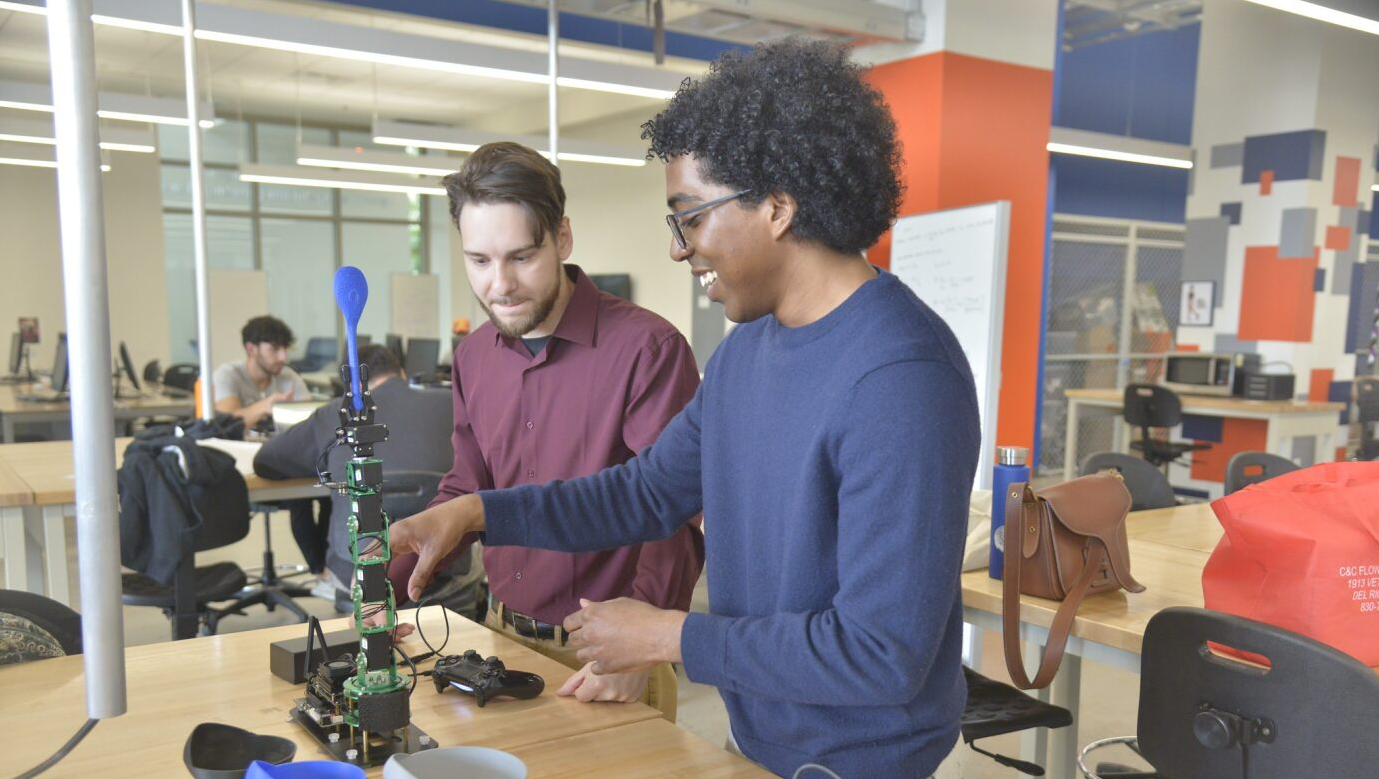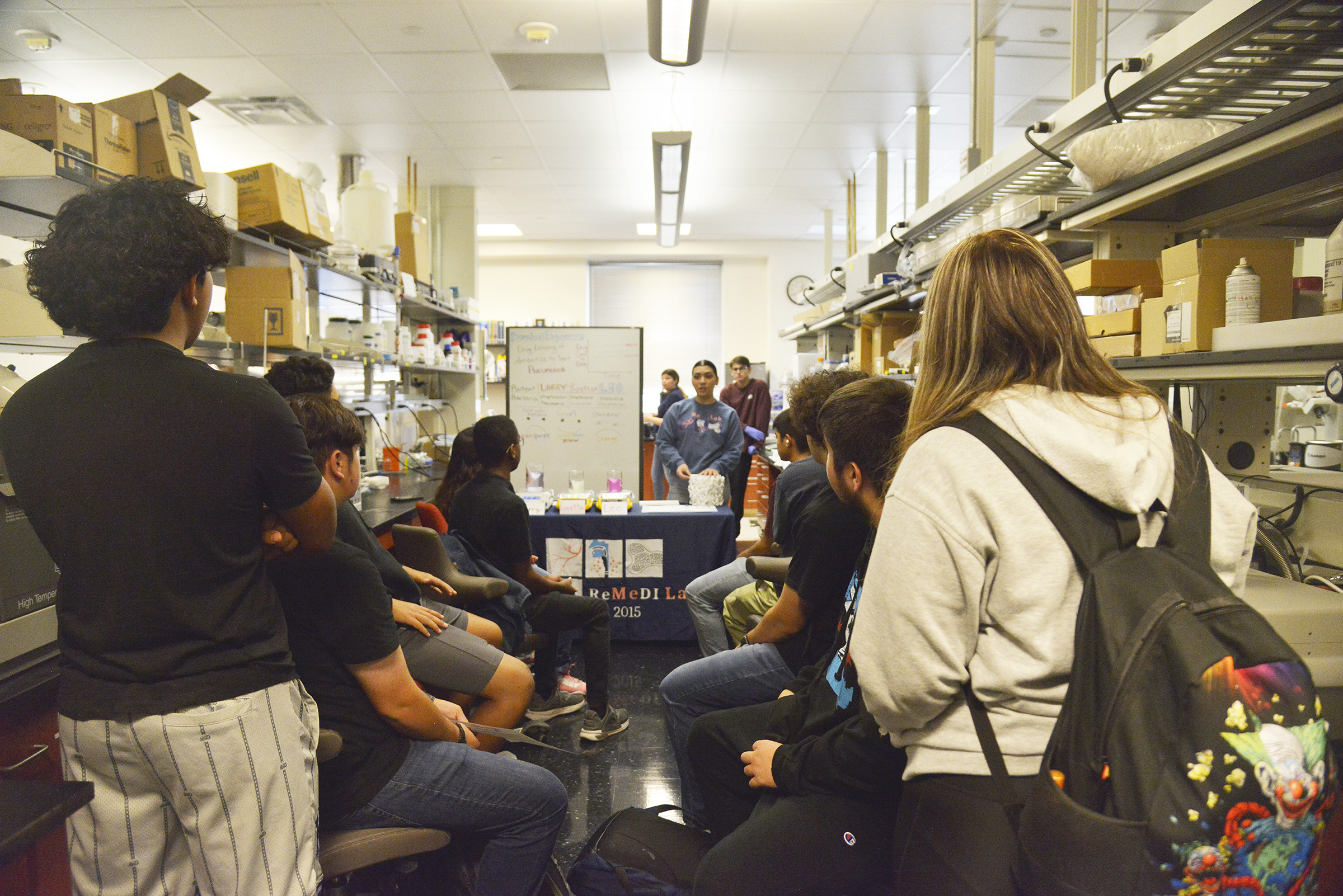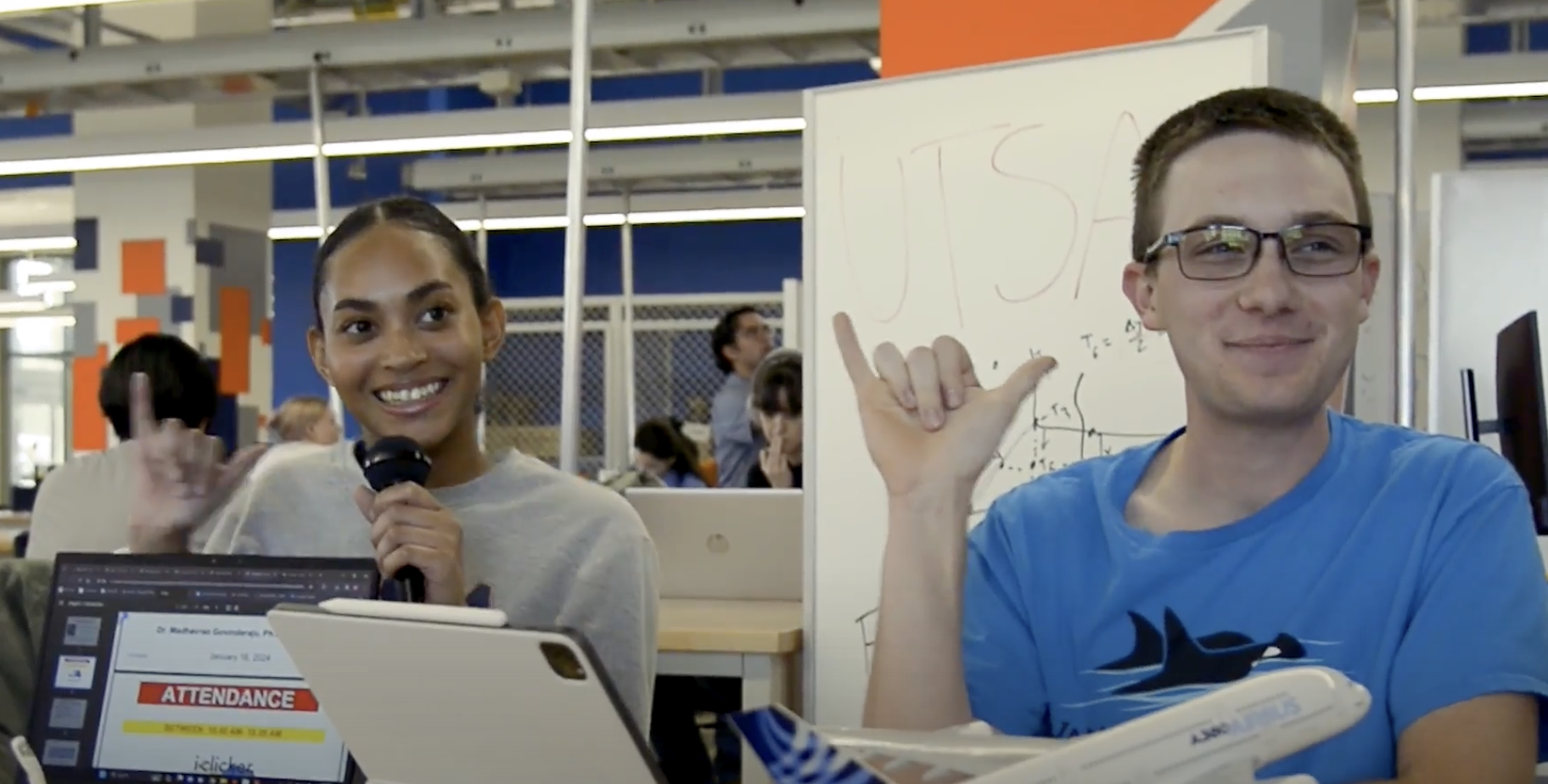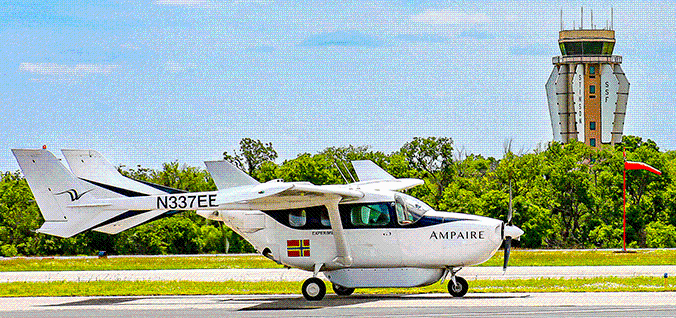
Design, Collaborate, MAKE
With locations on Main Campus and Downtown Campus, our Makerspaces include resources for all students to use to work on their projects while sharing ideas, equipment and knowledge.
30
Degree programs
4200
Students
143
Faculty
Latest News
Read All News Stories
April 11, 2024
Engineering Professors Secure $2.5M NSF Grant to Fill Financial Need for Talented StudentsPublished by Sean M. Wood


April 3, 2024
UTSA joins consortium to create sustainable aviation hub in San AntonioPublished by UTSA Today
Klesse College Events
View All EventsApr
16
2024
Chill with JillJoin us to chat with Klesse College's Assistant Dean and Student Success Center Director for academic insights in a relaxed setting!
Apr
16
2024
Freshman/ Transfer Degree Plan WorkshopJoin our workshop: map your degree plan, navigate credit transfers, meet coordinators, discover campus orgs. Chart your path to success!
Apr
17
2024
The Art of FoldingUnfold your creativity and join in the fun of the ancient art of origami! Open to beginners and experienced folders.
May
15
2024
Order of the Engineer CeremonyGraduating Spring with a degree in Engineering at UTSA? Register to attend the Order of the Engineer Ceremony. Friends and family welcome to attend!


